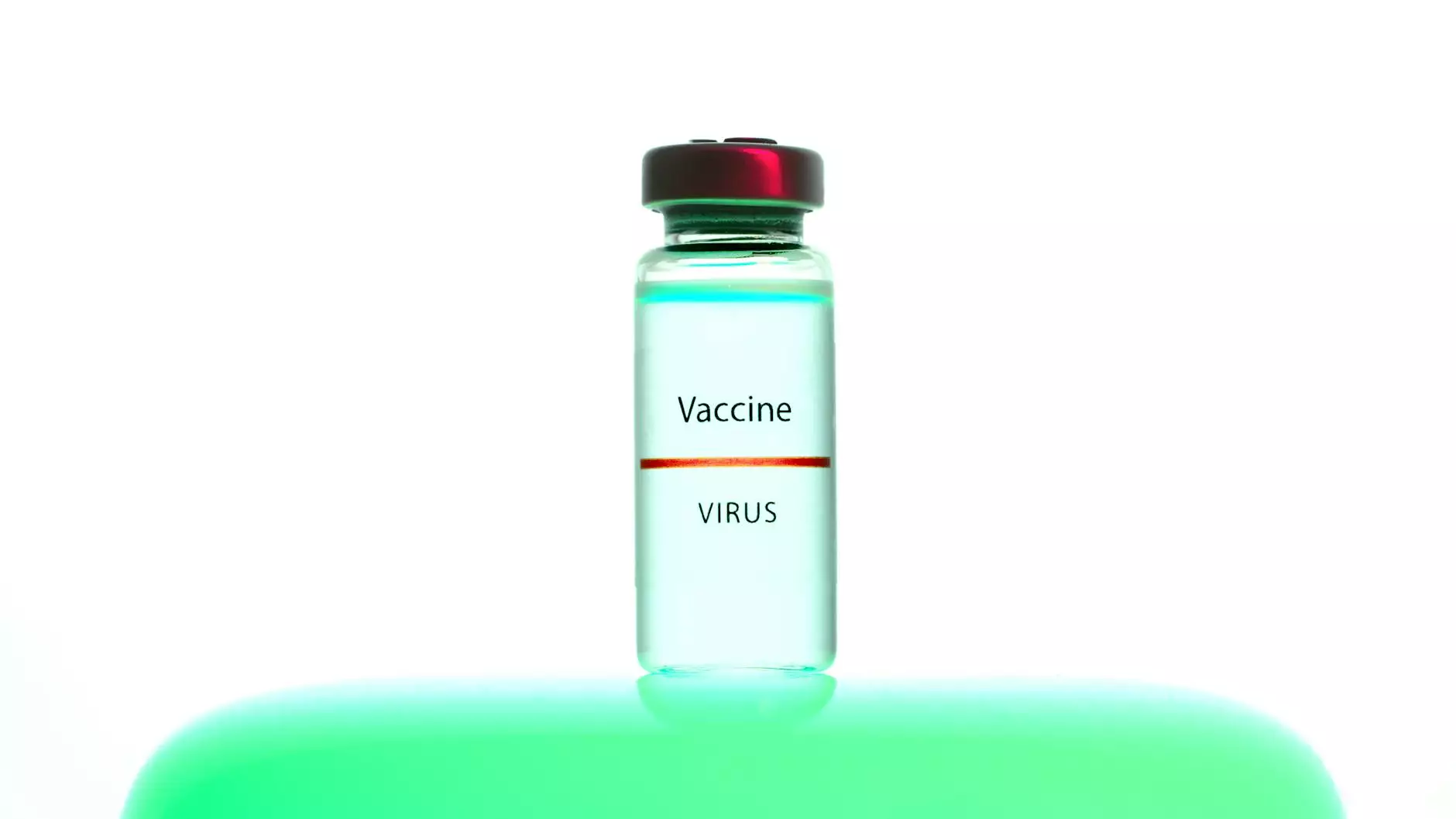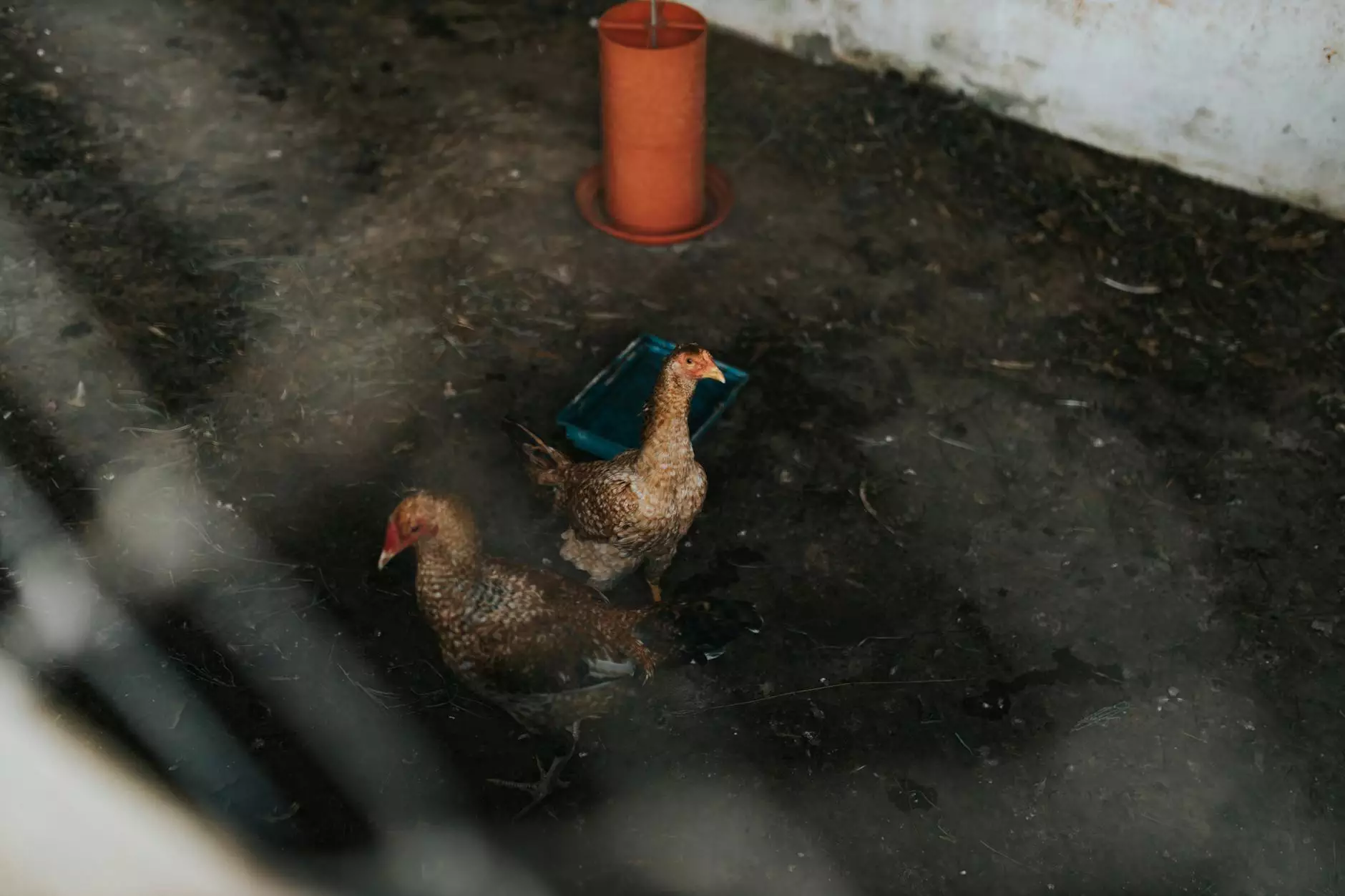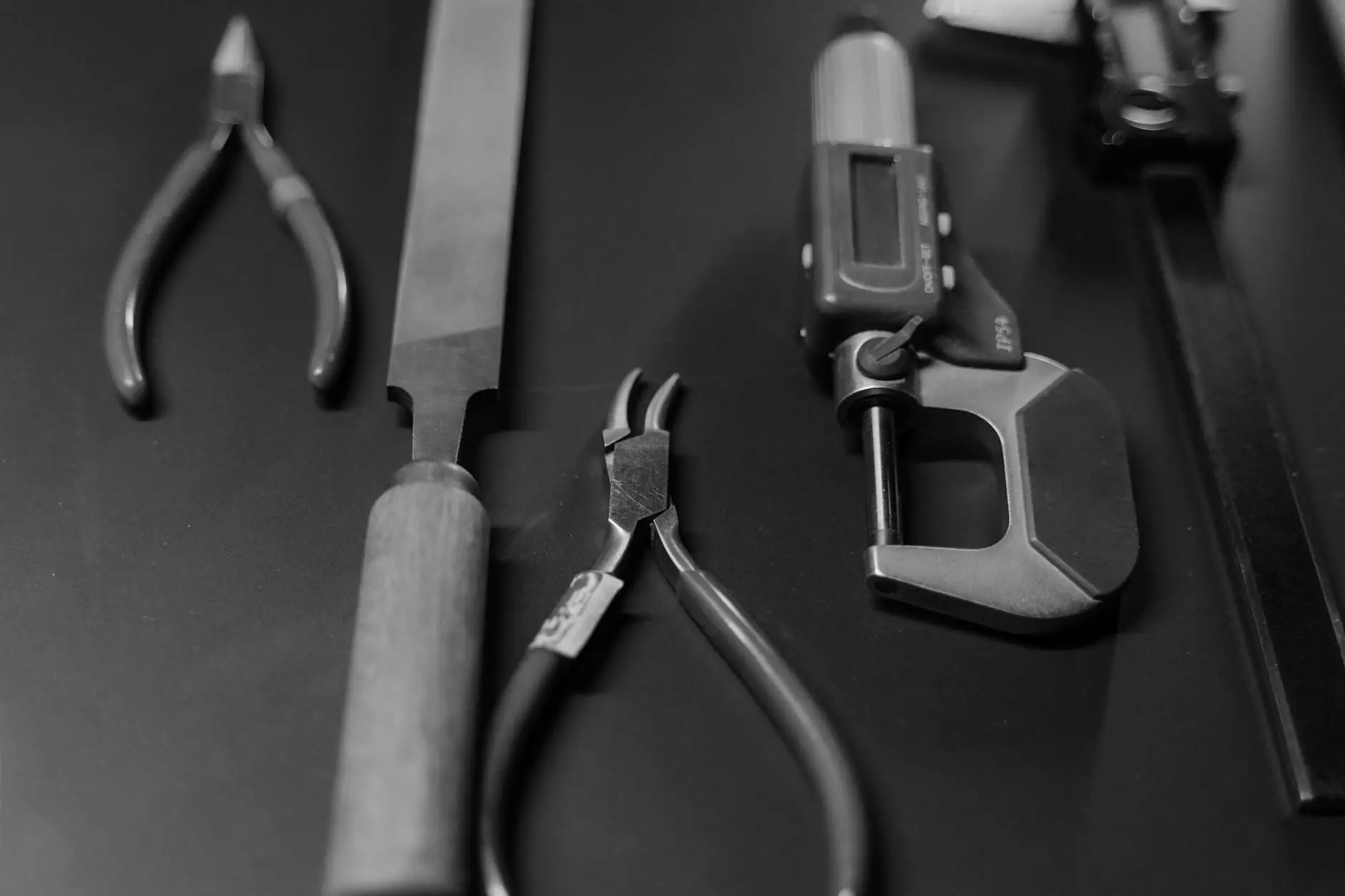Understanding T-Shirt Materials: A Comprehensive Guide

When it comes to custom T-shirt printing, especially for those in Brisbane, Australia, one crucial aspect that often gets overlooked is the type of material used for making the T-shirts. The quality of the material not only affects the look and feel of the T-shirt but also influences the durability and comfort of the final product. In this article, we will explore the various types of materials used in T-shirts, their properties, and how they impact the printing process, particularly with custom T-shirt transfers.
What Materials Are T-Shirts Made Of?
The material composition of T-shirts can significantly affect their performance, appearance, and comfort. Here are the most common materials used in T-shirt production:
1. Cotton
Cotton is often the first choice for T-shirts due to its softness and breathability. As a natural fiber, it is hypoallergenic, making it ideal for sensitive skin. Here are some key points about cotton T-shirts:
- Excellent breathability: Keeps you cool during hot weather.
- Soft texture: Feels comfortable against the skin.
- Durability: High-quality cotton can withstand multiple washes.
- Eco-friendly: Biodegradable and renewable resource.
2. Polyester
Polyester is a synthetic fabric that is known for its durability and resistance to shrinking and stretching. It's often used in athletic apparel and blends well with other fabrics. Here’s what you should know:
- Moisture-wicking: Moves sweat away from the body for a comfortable experience.
- Colorfast: Holds dye well, leading to vibrant prints.
- Quick-drying: Great for activewear or performance T-shirts.
- Less breathable than cotton: Can retain heat during strenuous activity.
3. Cotton-Polyester Blends
Combining the best of both worlds, cotton-polyester blends have become increasingly popular. These blends typically contain about 50% cotton and 50% polyester, or other variations. Here are the advantages:
- Balanced comfort and durability: Softness of cotton with the resilience of polyester.
- Reduced shrinkage: Less prone to size changes after washing.
- Affordability: Often cheaper than 100% cotton while providing similar benefits.
4. Rayon
Rayon is a semi-synthetic fiber known for its silky texture and drape. While not as common in T-shirts, it can be found in blends, especially in fashion-forward styles. Here are some features:
- Smooth feel: Excellent for creating a dressy look.
- Highly absorbent: Offers good moisture control.
- Environmentally friendly: Made from natural resources, though the processing can vary.
5. Bamboo
Bamboo fabric has gained traction in recent years due to its eco-friendly properties and softness. It's an appealing alternative for those seeking sustainable options. Advantages include:
- Natural antibacterial properties: Helps reduce odor.
- Soft and breathable: Comparable to cotton in comfort.
- Biodegradable: A more sustainable choice.
The Role of Custom Transfers in T-Shirt Printing
When it comes to custom clothing, especially T-shirts, the printing method can drastically influence the final product's quality and appearance. Custom T-shirt transfers are one of the most popular methods for personalizing T-shirts. Here’s why:
1. Versatility in Design
One of the defining features of custom transfers is their ability to accommodate a wide range of designs, including intricate graphics and vibrant colors. This flexibility makes them ideal for:
- Personalized gifts for special occasions.
- Promotional items for businesses.
- Team jerseys and sports apparel.
2. Ease of Application
Another significant advantage is the ease of application. Whether you are a small business in Brisbane or a hobbyist, custom transfers can be applied using heat presses, which allow for quick and efficient production. Here are some application benefits:
- Minimal equipment required: Just a heat press and the appropriate transfer paper.
- Fast turnaround: Perfect for last-minute orders.
- Ability to produce small runs: Unlike traditional screen printing, which may require bulk orders.
3. Quality and Durability
Custom transfers, when applied correctly, can achieve a high level of durability. Modern techniques ensure that transfers can withstand multiple washes while maintaining color vibrancy. However, proper care and washing instructions are crucial to maximize the lifespan of printed T-shirts.
Choosing the Right Material for Your Custom T-shirt
When selecting a T-shirt for custom printing, consider the following factors to ensure you choose the right material:
1. Purpose of the T-shirt
Are you creating shirts for a casual event, a corporate outing, or outdoor activities? Your choice of material should align with the intended use:
- For casual wear, cotton is a favorite for its softness.
- For sportswear, moisture-wicking polyester or blends would be ideal.
- For eco-conscious consumers, bamboo or organic cotton options resonate.
2. Print Quality
The material can greatly affect print quality. Fabrics with a smooth surface, like polyester or cotton-polyester blends, typically provide better image clarity compared to rougher materials. Furthermore, darker fabrics require specialized printing techniques or lighter transfers.
3. Budget Considerations
Custom T-shirts can vary significantly in price based on material. It's important to balance quality with cost. While 100% cotton might be pricier, the comfort and durability may justify the expense, especially for long-lasting products.
Conclusion: Elevate Your Apparel Game with Quality Materials and Custom Transfers
In the vibrant world of custom T-shirt printing, understanding the materials used in production is just as important as the printing techniques employed. Businesses and individuals in Brisbane, Australia looking to create exciting apparel should consider both the fabric and the printing method. By choosing the right material, brands can ensure they deliver comfort, style, and durability to their customers.
At DTF Transfers, we are committed to providing high-quality custom T-shirt transfers that suit a variety of materials. Whether you're looking for vibrant colors, intricate designs, or durable prints, we can help you create the perfect shirt for any occasion. Understanding what material T-shirts are made of and how it impacts the final product is essential to making informed decisions that will leave a lasting impression.
Making the right choices in T-shirt material and customization techniques can lead to stunning outcomes that not only meet customer expectations but also create a memorable brand image. Let’s embrace the art of T-shirt production together and make an impact!
what material are t shirts made of








